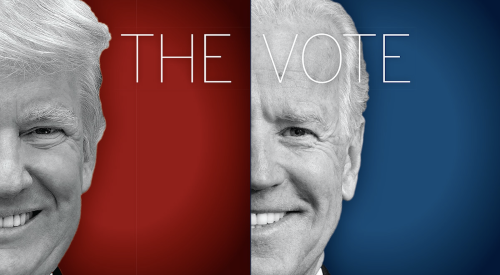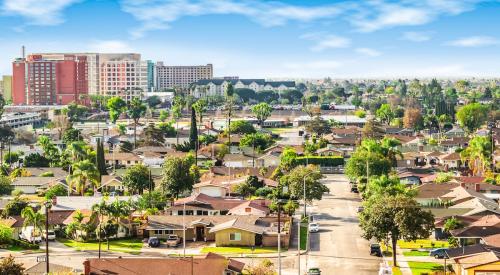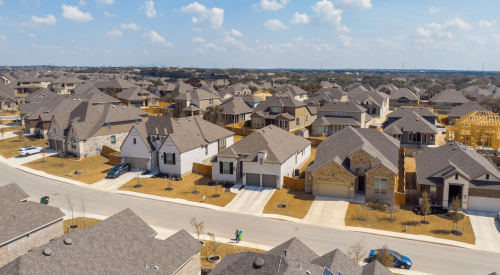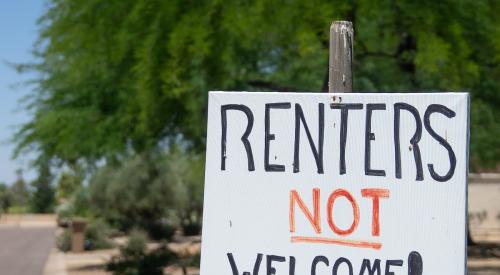Owning a single-family home has been a stamp of success in America, but due to changing zoning laws, that may be changing. Although single-family homes are still overwhelmingly popular, concerns regarding the lack of affordable housing, environmental harm, and racism are leading to cities across America to consider alternatives. Cities hope that by changing their zoning laws, they will decrease the effects of urban sprawl and increase land-use efficiency. What does this mean for housing? More multi-family units and smaller sized homes.
For decades, land-use regulation across the U.S. has emphasized single-family houses on large lots. This approach has priced many people out of the quintessential American dream: home ownership.
It also has promoted suburban sprawl — a pattern of low-density, car-dependent development that has dominated growth at the edges of urban areas since the end of World War II.
Now, however, Americans may be starting to question the desirability of a private house.
In the past year, the Minneapolis City Council and the state of Oregon have voted to allow duplexes and other types of multi-unit housing in neighborhoods where currently only single-family homes currently are allowed.
Democratic lawmakers in Virginia, who recently won control of their state’s legislature, are seeking to enact similar legislation. And several Democratic presidential candidates have included changes to zoning laws in their housing policies.













